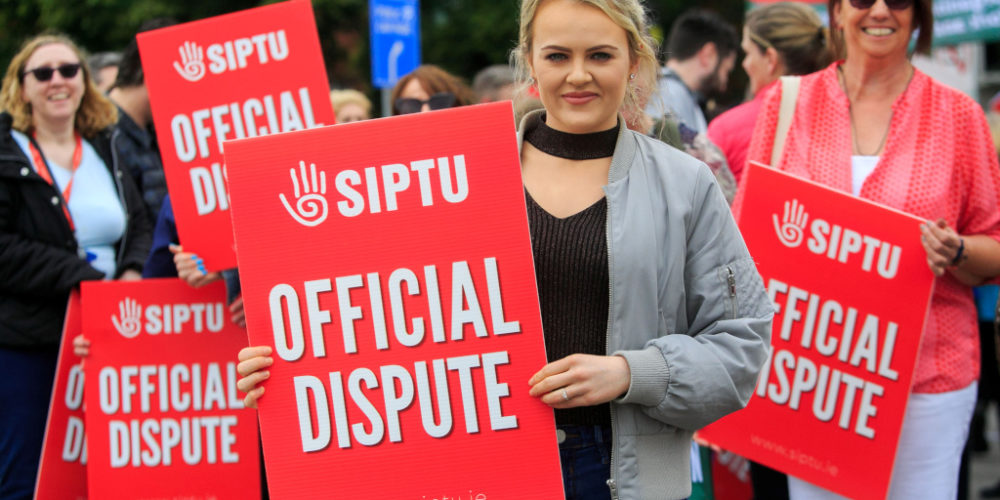Ryanair attempts to break the union
In mid-August Ryanair secured a court injunction to prevent its pilots based in Ireland from striking, even after they had followed the normal industrial procedures.
The two-day strike had the support of a majority of the pilots directly employed by the company who are members of their union. A large number of other pilots have insecure conditions resulting from a bogus self-employment relationship with the company. These workers have poorer wages and working conditions than those not on the individualised contracts.
Ryanair secured the injunction on very dubious grounds; and there are clear warnings in the court’s judgement in awarding it. The company has never really engaged with the pilots’ union from the last strike in 2017; they have just been stringing the workers along.
Ryanair claimed that workers had not exhausted the ad hoc grievance procedures agreed after the 2017 strike. One of the other grounds was that not all pilots voted for a strike, though the majority of union members did. This in effect backs up bogus self-employment contracts.
What brought Ryanair to recognise, to some degree, the right of its employees to join a union was the international action of workers within the Ryanair company, in Ireland, Britain, Belgium, and Portugal. Now is the time to bring that international solidarity to bear on this company.
It is yet another example of the anti-worker, anti-union, pro-boss nature of the Industrial Relations Act (1990).
Mandate members in Argos vote for 2½ per cent increase
Members of Mandate working in the mail order company Argos voted (with 98 per cent in favour) for a pay increase of 2½ per cent, along with provisions for more secure hours and incomes. The pay increase will be backdated to 1 July.
The new agreement includes a process for allocating extra hours in branches, ensuring that existing staff members are offered additional hours before the hiring of new staff. As well as enabling the workers to increase their income it will provide them with certainty over their earnings. But what will have the greatest impact is the clarity that it will bring with regard to working hours.
SIPTU members vote for strike
SIPTU members at the Irish Pride plant in Taghmon, Co. Wexford, have voted overwhelmingly in favour of a strike following a refusal by the management to implement a Labour Court recommendation concerning trade union recognition.
SIPTU members voted in August—by 97 per cent against 3 per cent—in favour of a strike. The management had refused to accept the Labour Court’s recommendation that the company should recognise SIPTU as the chosen representative body for all industrial relations purposes for employees who are members of the union.






